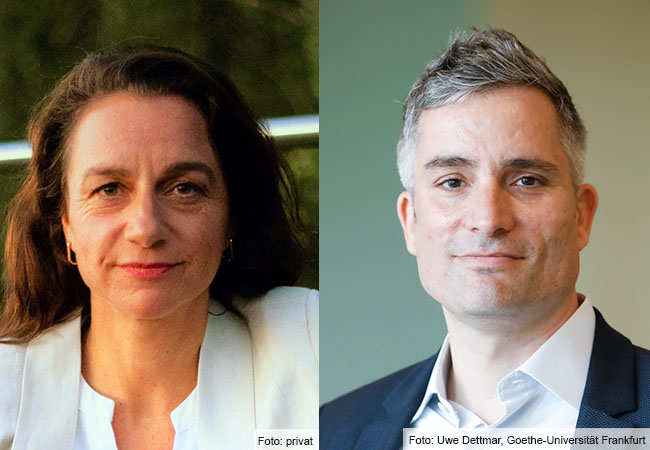Who has experience of police discrimination and racism? New study by Tobias Singelnstein and Eva Groß to be launched in March

A recent survey by the Integration Barometer of the Expert Council on Integration and Migration (SVR) found that people who are perceived as foreign are checked by the police around twice as often as those who are not. The non-representative Afrozensus provides similar results. It is therefore not without reason that the actions of police officers are increasingly being discussed in public discourse. “However, there is still far too little knowledge about racism and discrimination in police work outside of identity checks,” explains Tobias Singelnstein, criminologist and criminal law expert at Goethe University and member of the “ConTrust” research initiative at the “Normative Orders” research center. For this reason, he and Eva Groß, Professor of Criminology and Sociology at the Hamburg Police Academy, have initiated a study to close this knowledge gap. The three-year collaborative project is being funded by the German Research Foundation (DFG) with over 300,000 euros, and ten researchers are involved.
A representative population survey will initially be conducted from March 3 to April 3, 2025. For this survey, 100,000 people were randomly selected from the population registers of five major German cities (Berlin, Frankfurt am Main, Dresden, Hamburg and Munich). During the survey period, they received a letter with a link to an online questionnaire. “The higher the response rate, the more precise the statements we can make about the problem,” emphasizes Professor Groß. The quantitative population survey is supplemented by 60 qualitative interviews with representatives of the police and civil society groups, in which different perspectives and experiences are collected. Singelnstein explains: “Our aim is to combine the results of the population survey with the assessments of police officers who are involved in carrying out state tasks in law enforcement or in criminal investigations.” Until now, the experiences of those affected and the perceptions of the police have usually been examined separately.

